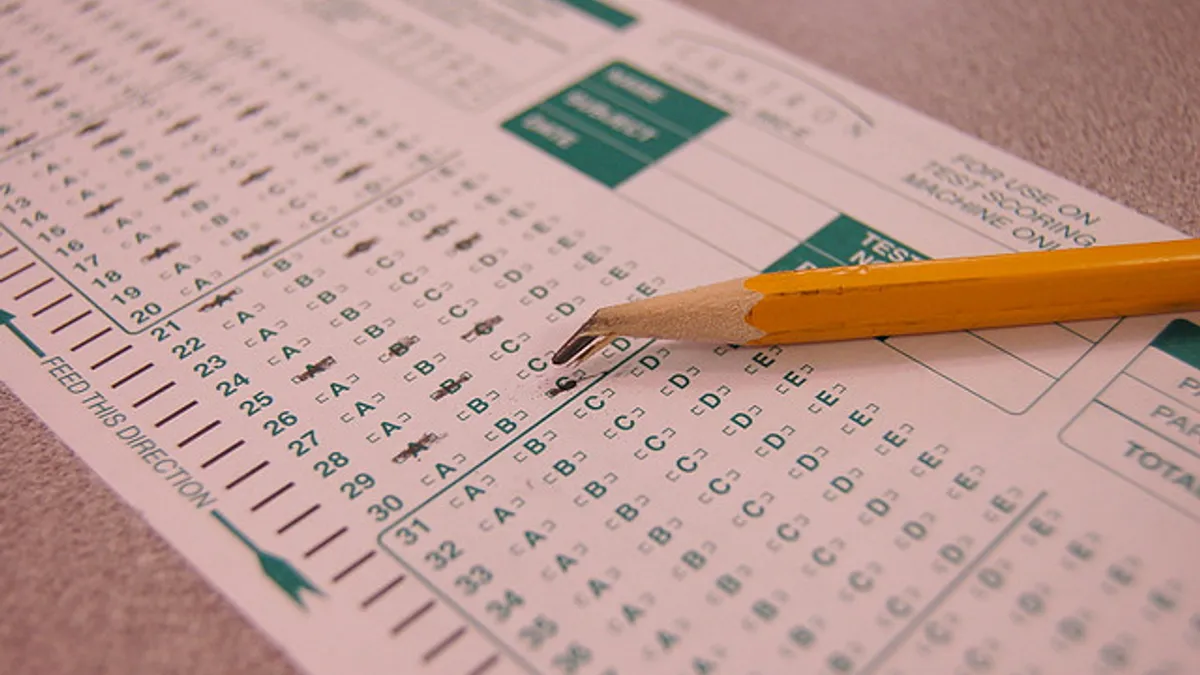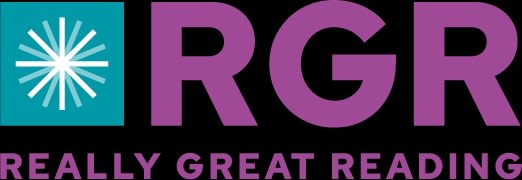Dive Brief:
- In an opinion piece for U.S. News & World Report, Ulrich Boser, a senior fellow for the Center for American Progress, argues that tests and assessments in general play a role in good education.
- He describes a visit to a biology class at the University of Washington, where the instructor frequently quizzed her students, formally and informally, on how much they understood; “the more engaging, quiz-infused classroom seemed a lot more interesting to the students,” he writes.
- The frequent assessments also give students and educators a rapid sense for whether students are grasping the concepts. And over the long term, the data can help the public understand whether schools are doing their jobs, he argues.
Dive Insight:
Few teachers argue that tests don’t have a role to play in education and schooling. In fact, it’s not uncommon to hear union advocates or anti-testing advocates say things like, “Teachers don’t oppose tests. They invented them.”
But the question of how much time students should spend on them versus instruction, and what should be done with the results of those tests, is the far more contentious one.
Despite Boser’s argument that “the nation can right-size the role of tests” in part by using the higher-quality Common Core-tied assessments doesn’t allay the fears of parents, students, and teachers who worry too much attention has been paid to them for too long. In fact, it’s not the use of the test to measure students’ understanding that’s the most decisive, but their use in teacher hiring, firing, and pay decisions, as well as a part of the puzzle for improving schools.
He acknowledges those concerns, but likely would face a hard road convincing some of the more dogged anti-testing advocates of the current regimen’s relative importance.





 Dive Awards
Dive Awards





